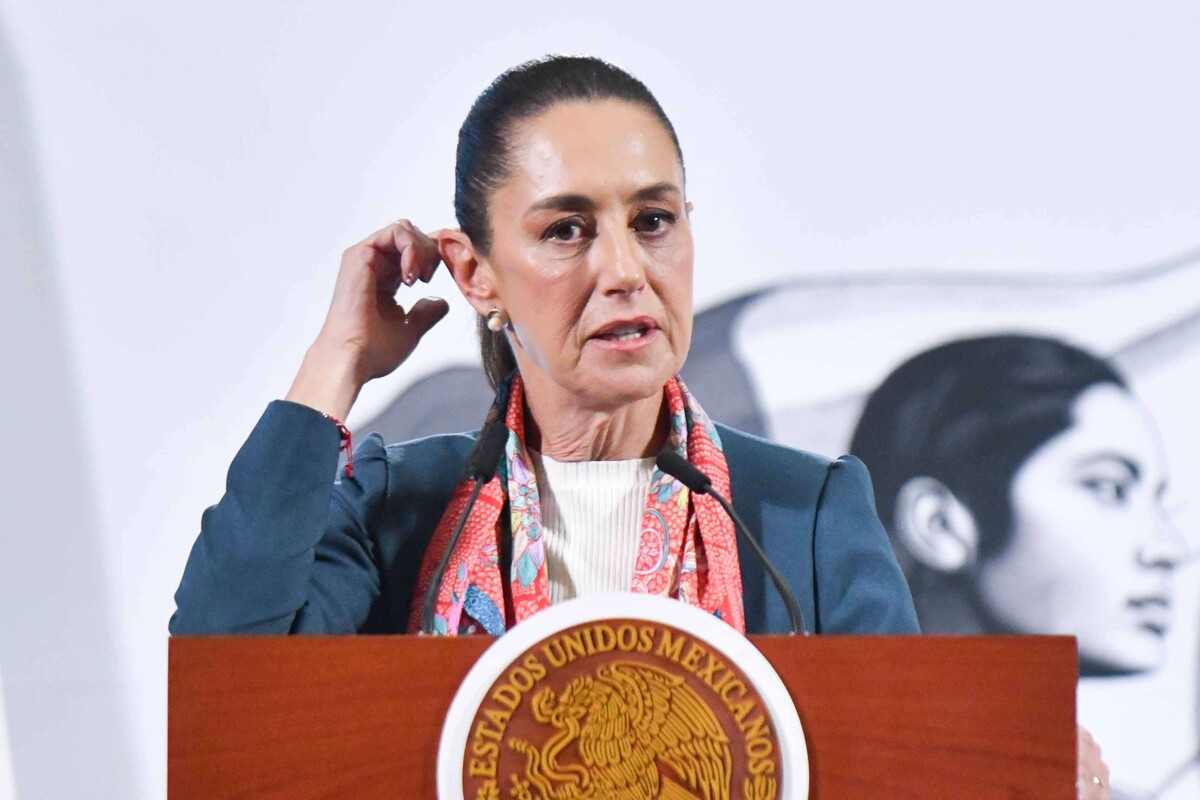
After winning the elections, Claudia Sheinbaum tried to negotiate with the sitting president about some reforms, showing her willingness to consider the pace and relevance of them. While these reforms were expected to be feasible due to the majority in the chambers, Sheinbaum decided to separate her party role when assuming the position of head of government of Mexico City.
One of the reforms announced by Sheinbaum that has generated the greatest impact is the anti-nepotism initiative, which seeks to prevent direct relatives from succeeding each other in public positions consecutively. This proposal, presented in February during the commemoration of the Magna Carta, has been met with indifference by some members of Morena and their allies.
The attitude of some members of Morena towards Sheinbaum's proposal contrasts with the position they took when the sitting president requested changes. In August, Sheinbaum urged her party to reflect on its future, however, not everyone seems to take her words into account.
The President has expressed the need to renew the ranks within her party to avoid crises or divisions due to the concentration of power in the hands of a few. Despite her call, certain members of Morena do not seem willing to heed her advice, which reflects a lack of internal unity in the party.
In the Senate, figures such as Saúl Monreal Ávila and Félix Salgado Macedonio have responded to Sheinbaum's anti-nepotism initiative with comments showing disinterest or even mockery. The lack of support for the President's proposals highlights the lack of cohesion within Morena and its allies.
The disdain shown by some members of Morena towards Sheinbaum's proposals highlights the need for renewal and openness within the party. The President's stance seeks to prevent power from being concentrated in a few families or political clans, promoting greater diversity of ranks and a true renewal in Mexican politics.














